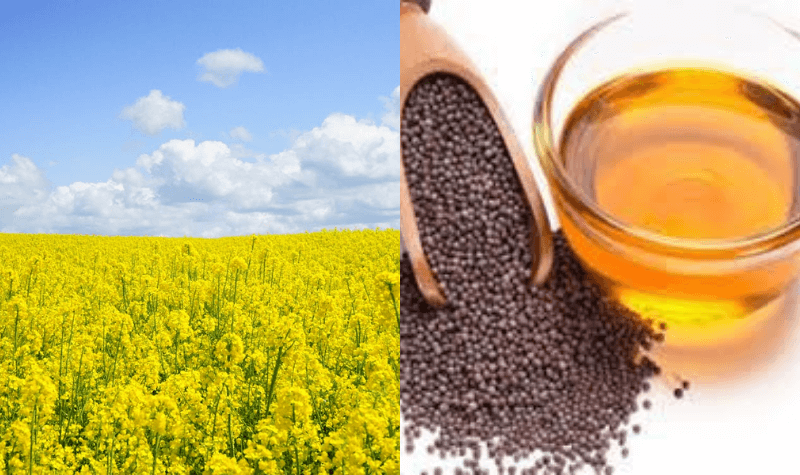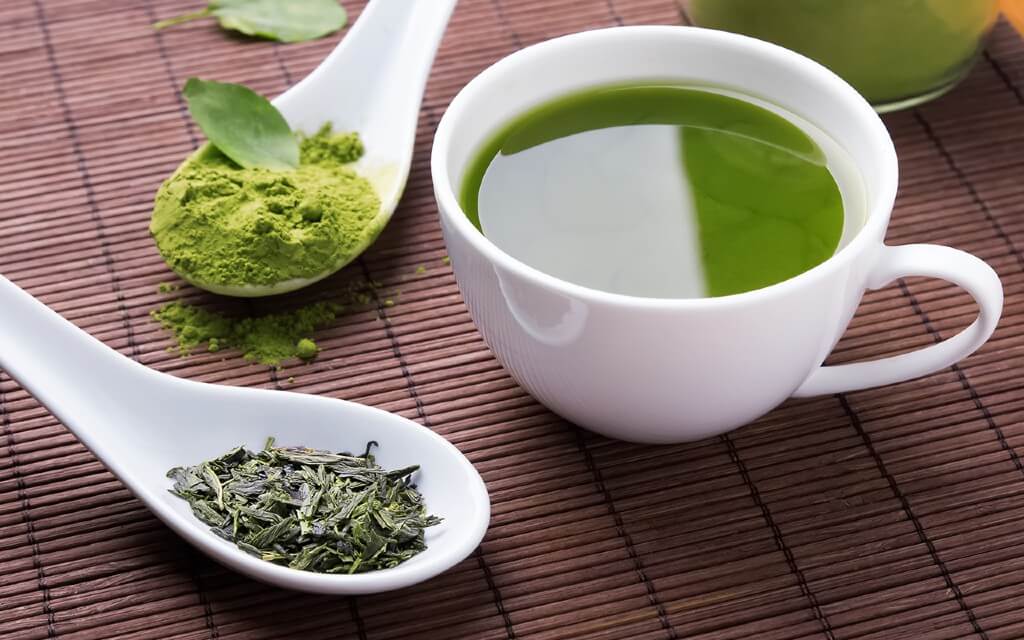How to Detect Adulteration in Mustard Oil: Not every grain of mustard and mustard oil is ready, don’t be surprised, this is not a miracle, it is the handiwork of adulterers, so in the greed of health, the enemies of health are sending in the name of mustard oil, the demand for oil increases in the festive season. Because many dishes are made in this season and some dishes are made with mustard oil.
Video Credit: Family Funda Solution
It’s becoming increasingly impossible to consume foods and beverages that haven’t been tampered with. As a result, our health is truly suffering. FSSAI has launched a Twitter campaign named #DetectingFoodAdulterants in recognition of the importance of people’s health. Let’s take a closer look into mustard oil adulteration.
What is Mustard Plant?
The term mustard usually refers to plants in genera Brassica and Sinapis. Brassicas have hollow stems that grow upright. Seeds from brassicas are typically a small, round shape, making them well-suited for consumption as a condiment. While mustard oil is often used in Indian cooking, it has also been used for everything from cosmetics to traditional medicines.
In many cases, however, adulteration in mustard oil makes it difficult for manufacturers to identify its correct use as an edible product. This can make consuming adulterated mustard oil extremely dangerous because no one knows what type of ingredients are inside or if they’re safe to eat at all.
Major Types of Mustard
There are three types of mustard, brown, yellow and Oriental. Brown mustard is made from water, flour and vinegar. Yellow mustard is made from a combination of water, flour and vinegar but has turmeric added for coloring as well as a slightly sweet flavor. Oriental mustard is primarily used in Chinese cooking. This type comes in two varieties; Chinese (or hot) and Japanese (or mild).
Benefits of Mustard Oil?
We all know that mustard oil helps to keep our cholesterol and blood pressure in check. But what many people don’t know is that it is good for so much more than just health benefits. It can also help to remove toxic elements from your body while giving you a clear, glowing skin. And did we mention it gives your hair health, too? What are you waiting for? Grab a bottle of mustard oil and start using it right away! Here are some tips on how to get more out of your daily use
Disadvantages of eating adulterated oil?
In India, mustard oil has been consumed for thousands of years. And before that, Indian parents used to feed mustard oil to their infants to aid in development. There are studies showing that if you consume more than 5-6 grams per day your risk for heart attack will increase by 29%. If a mother breastfeeds her child using adulterated mustard oil there is increased risk (13 times) in cancer.
Allergic reactions are also prevalent in children who consume adulterated oils as they can trigger asthma or rhinitis attacks. Similarly, pregnant women who use adulterated oils will put their fetus at risk of intrauterine growth retardation which can affect future intelligence and height of an individual.
What are the health effects of adulterating mustard oil with other vegetable oils?
Before you buy mustard oil, know its sources and confirm that it is pure. Exposure to adulterated oils may cause disorders such as cancer and heart disease. If you think you have been exposed to adulterated mustard oil or have noticed symptoms after eating/cooking with it, consult a doctor immediately.
Why do people adulterate mustard oil with other vegetable oils?
One possible reason is to create a bulkier product, which can make it more profitable if people are unaware that they are buying adulterated oil. People also often cut mustard oil with other products because pure mustard oil is thick and doesn’t flow easily when poured, so it can be harder to sell. Cutting mustard oil with another product, such as cottonseed or soybean oil, makes it easier to pour.
But people who buy adulterated mustard oil do so at their own risk: Not only do they run a high risk of stomach problems and getting other ingredients they may not have expected in their food (such as petroleum derivatives), but they also likely pay more than if they had bought pure mustard oil in the first place.
What Are The Dangers of Adulterated Mustard Oil?
How do you know if your mustard oil is pure or not? Is it safe to use or does it contain harmful chemicals? And what are the dangers of adulterated mustard oil and why are they so dangerous to your health? Let’s take a look at these questions in this blog post on how to detect adulteration in mustard oil and the dangers associated with it.
How to Test if Mustard Oil is Adulterated?
Mustard oil is a mainstay in Indian cooking, and it’s used in a number of dishes. However, how can you know if the oil you’re drinking is pure? MyGovIndia shared a simple hack for detecting whether your mustard oil is contaminated with argemone oil.
- In a test tube, take a sample of 5 mL mustard oil.
- Fill the test tube with 5 mL of nitric acid.
- Gently shake the tube. The acidic layer will not change colour if the mustard oil is pure.
- In the case of adulterated mustard oil, the acidic layer develops an orange-yellow to red colour.
Summary and Conclusions
Adulteration in mustard oil may lead to potential health risks and people are recommended to use only pure mustard oil. Contamination usually occurs in groundnut or sesame oils. There are very few cases of adulteration in mustard oil, which suggests that it is not a commonly adulterated product. However, one must be vigilant when buying mustard oil and make sure that no adulterants have been added.
In conclusion, adulterants can sometimes result in serious health problems. Therefore, careful attention should be paid while purchasing mustard oil from any source. Health conscious people should be more cautious about buying edible oils as many edible oils are reported to contain dangerous impurities such as bacteria and fungus spores as well as pesticides residues among other contaminants.


![5 Best BP Monitor India 2022 [Top 5 Review & Buying Guides] 2 Best BP Monitor India [Top 5 Review & Buying Guides]](https://beforebuyreview.in/wp-content/uploads/2021/03/Best-BP-Monitor-India.jpg)
